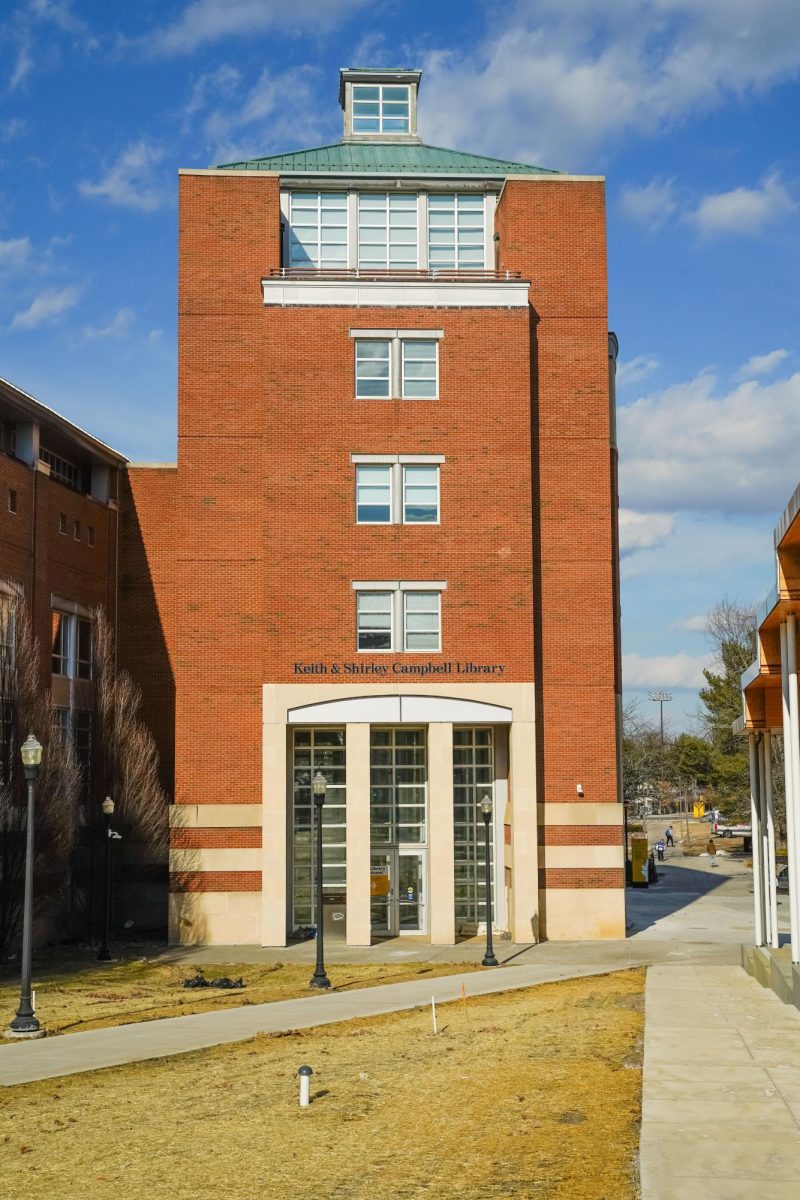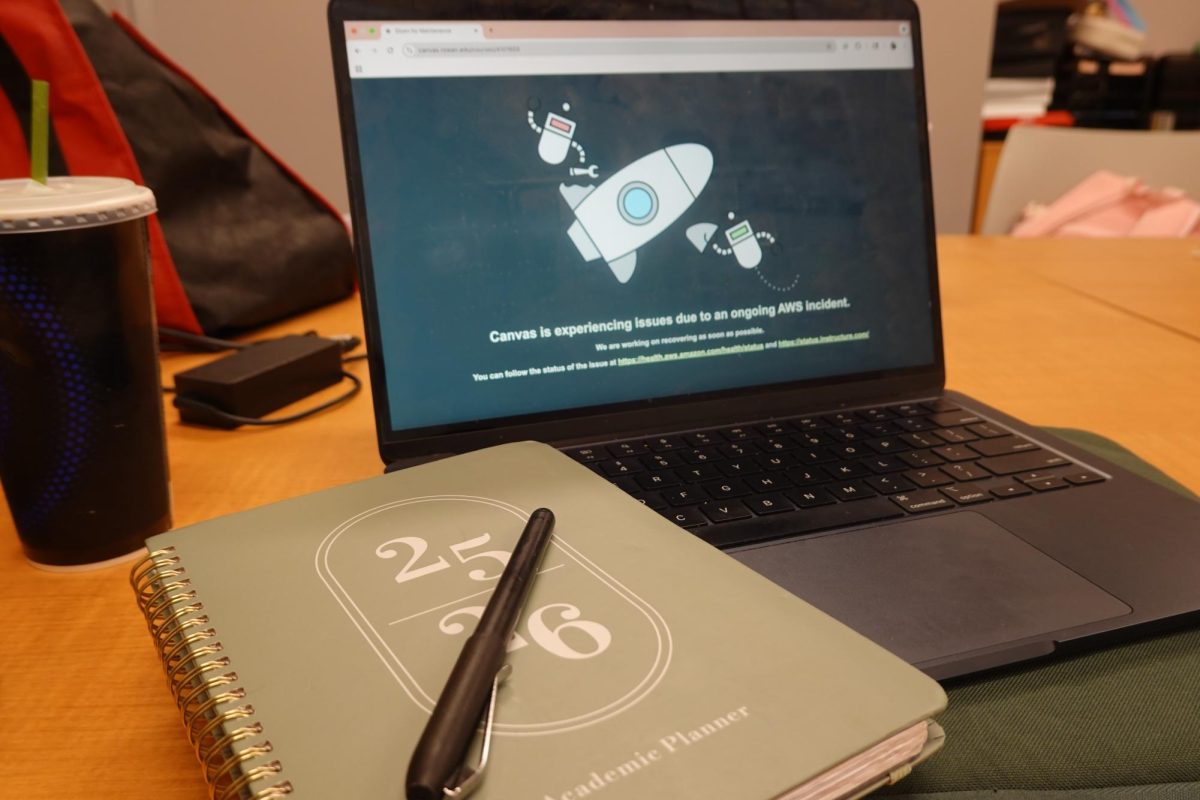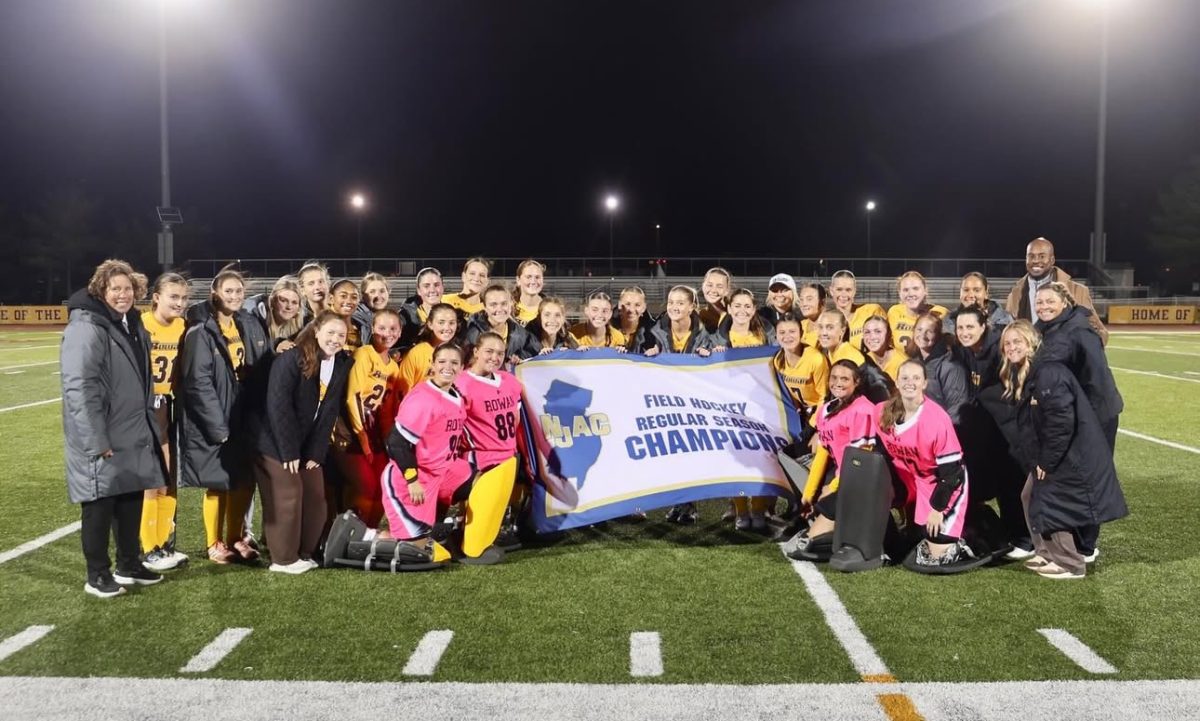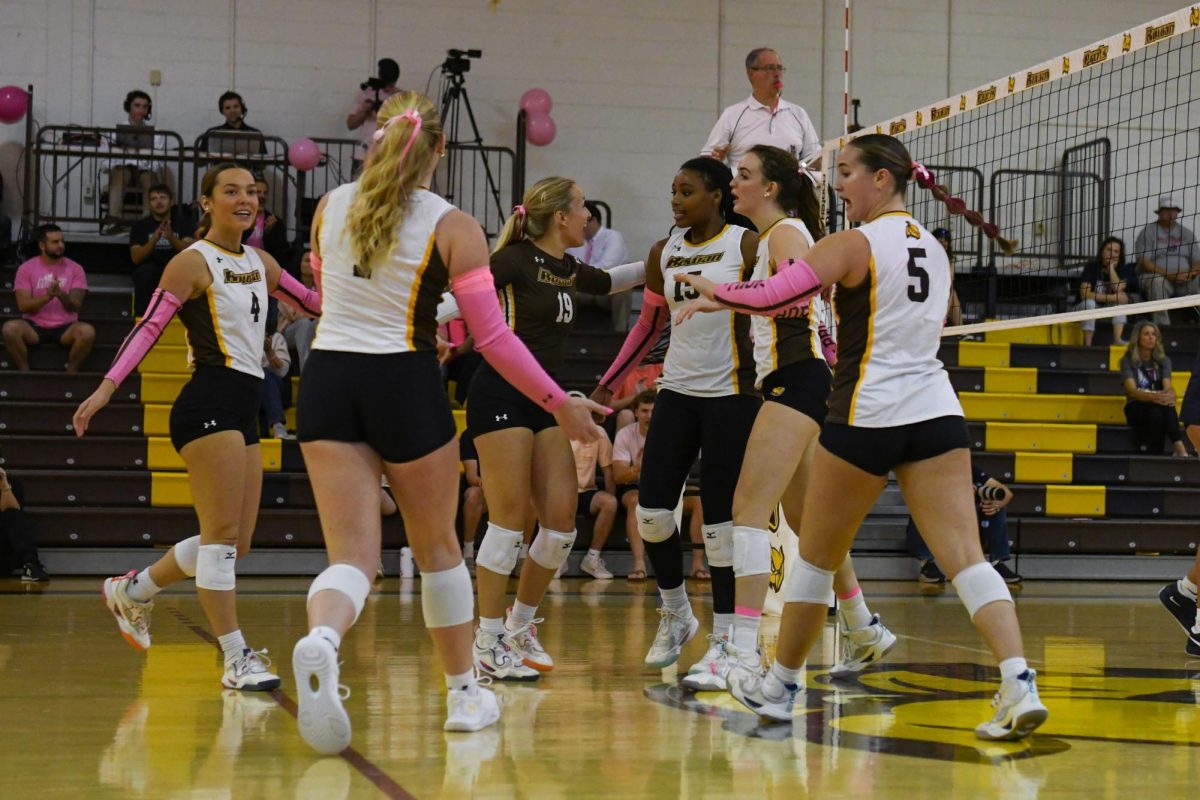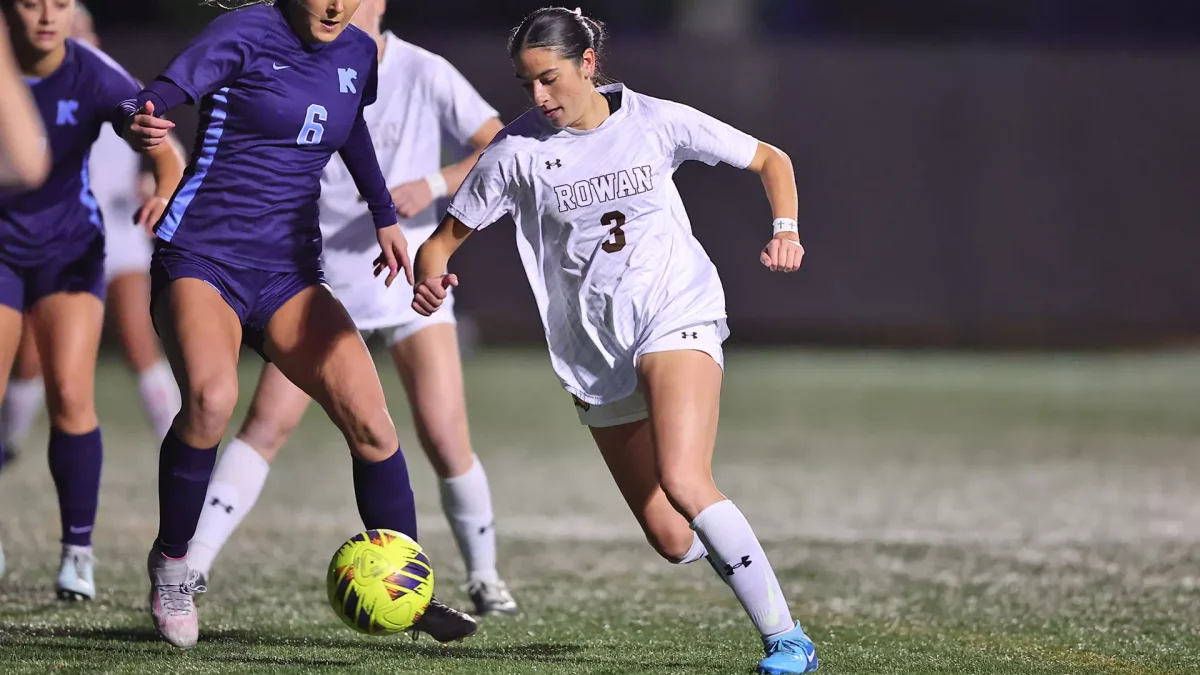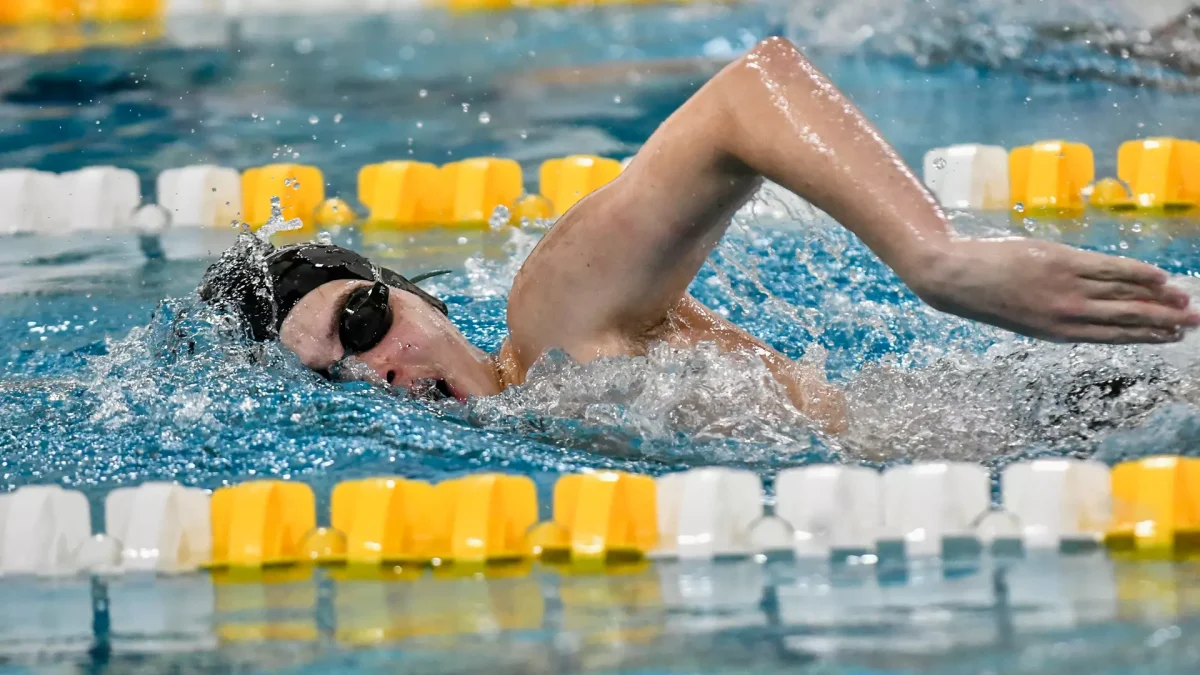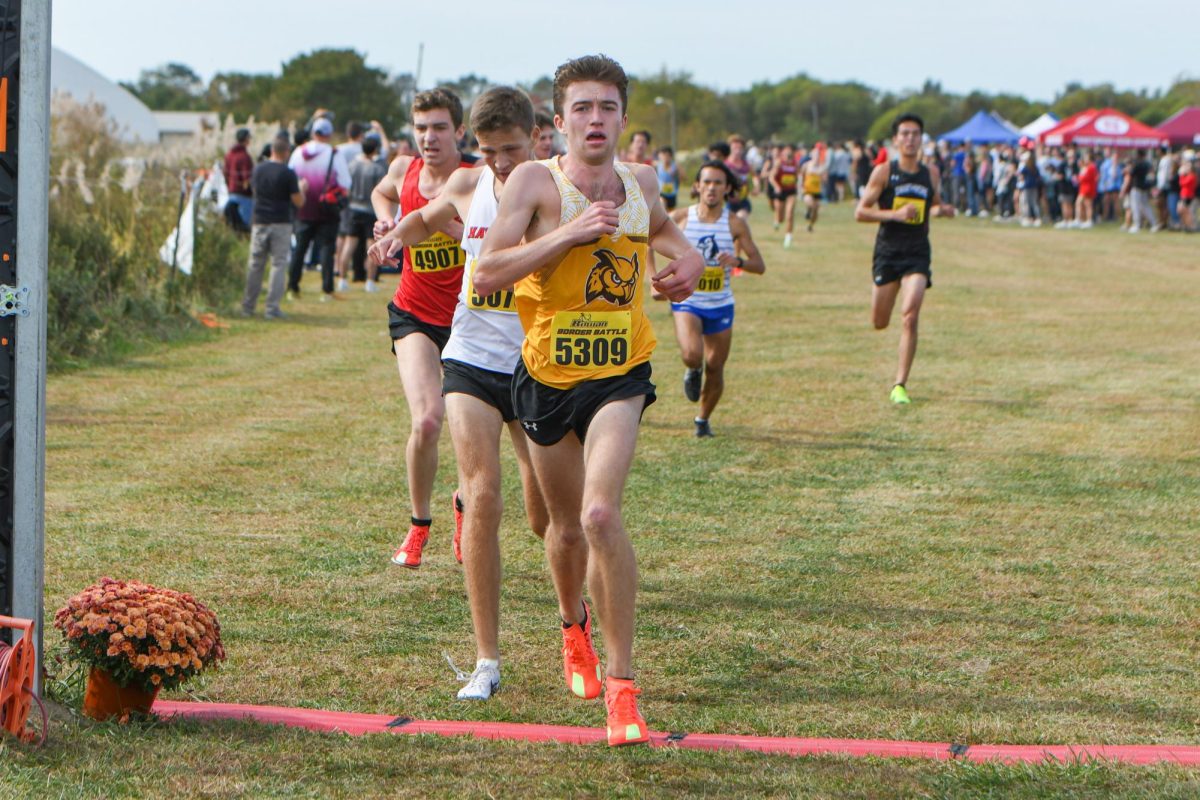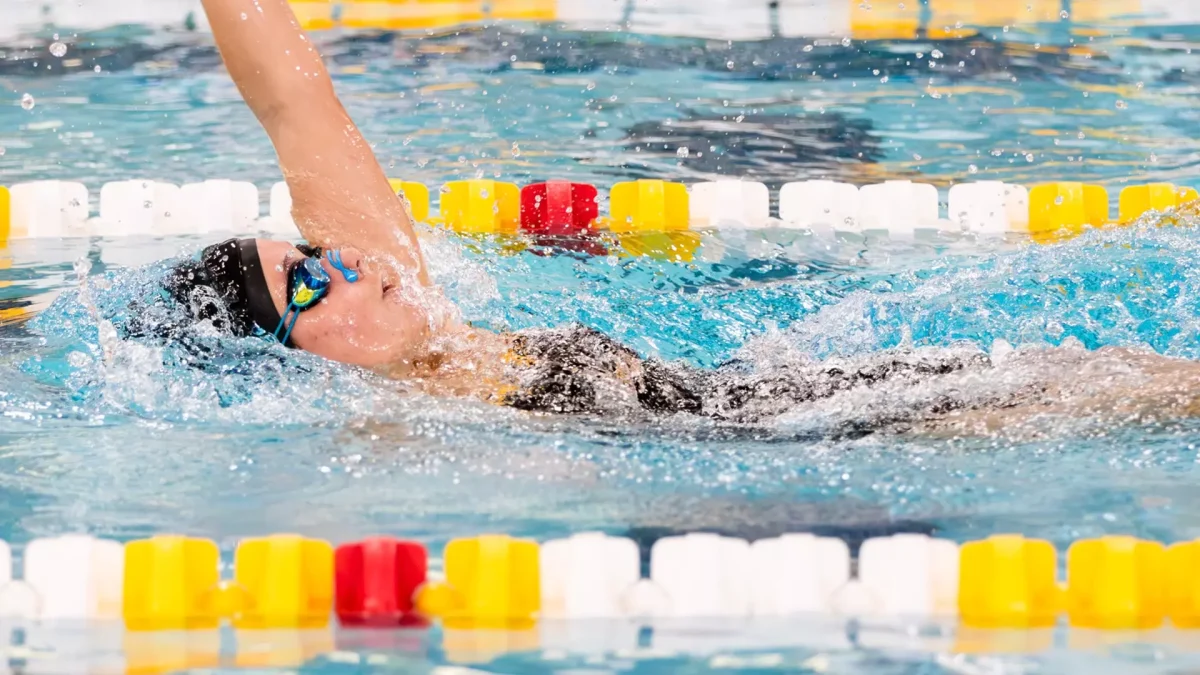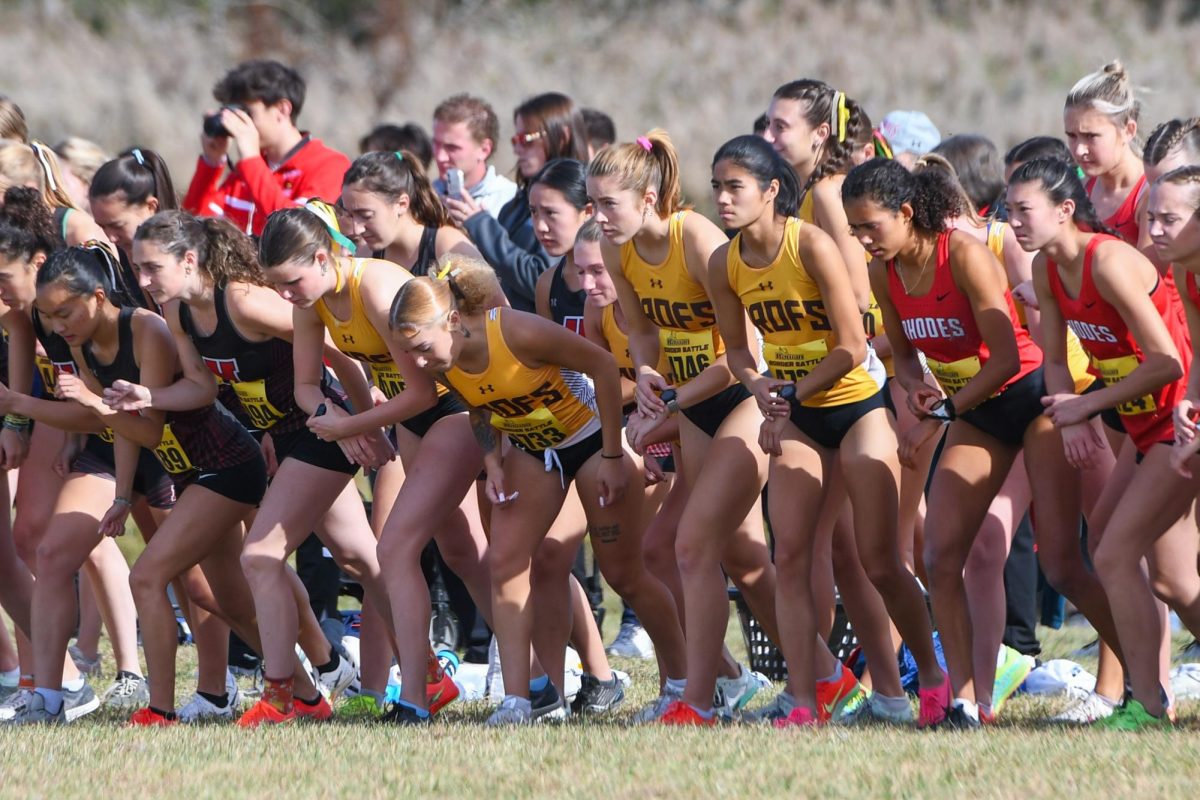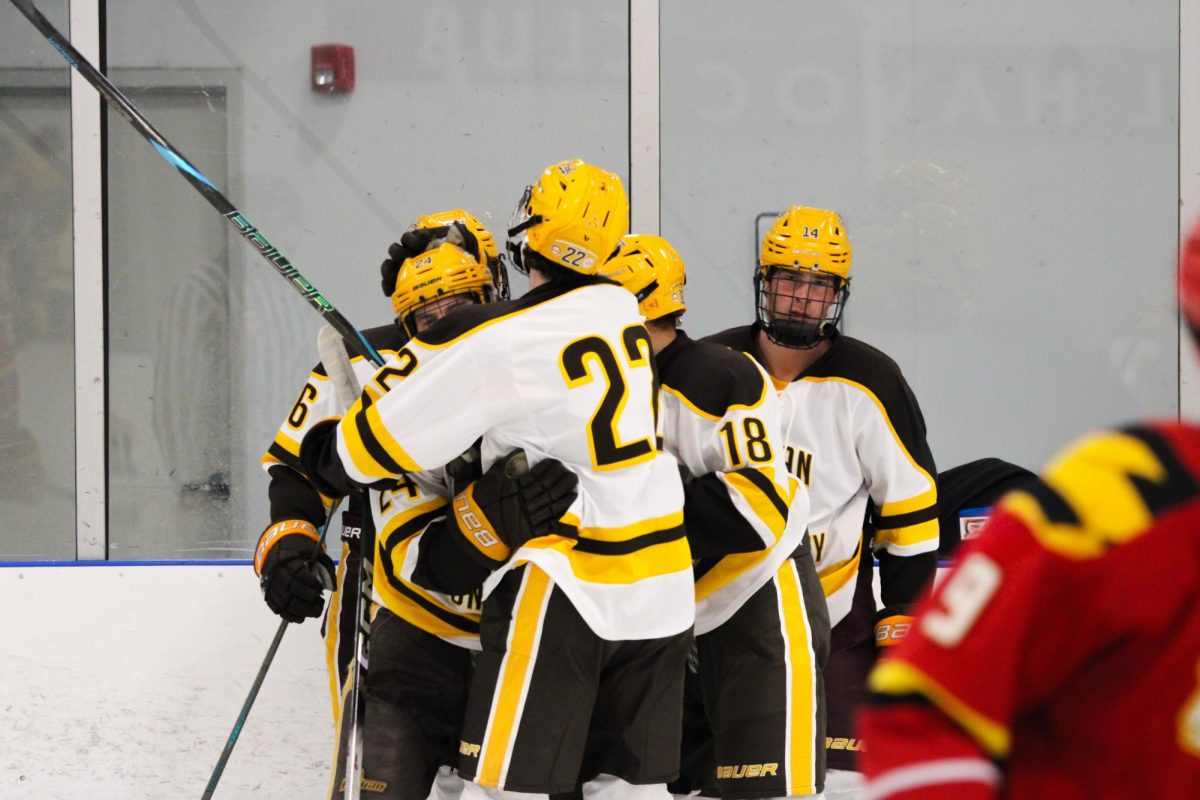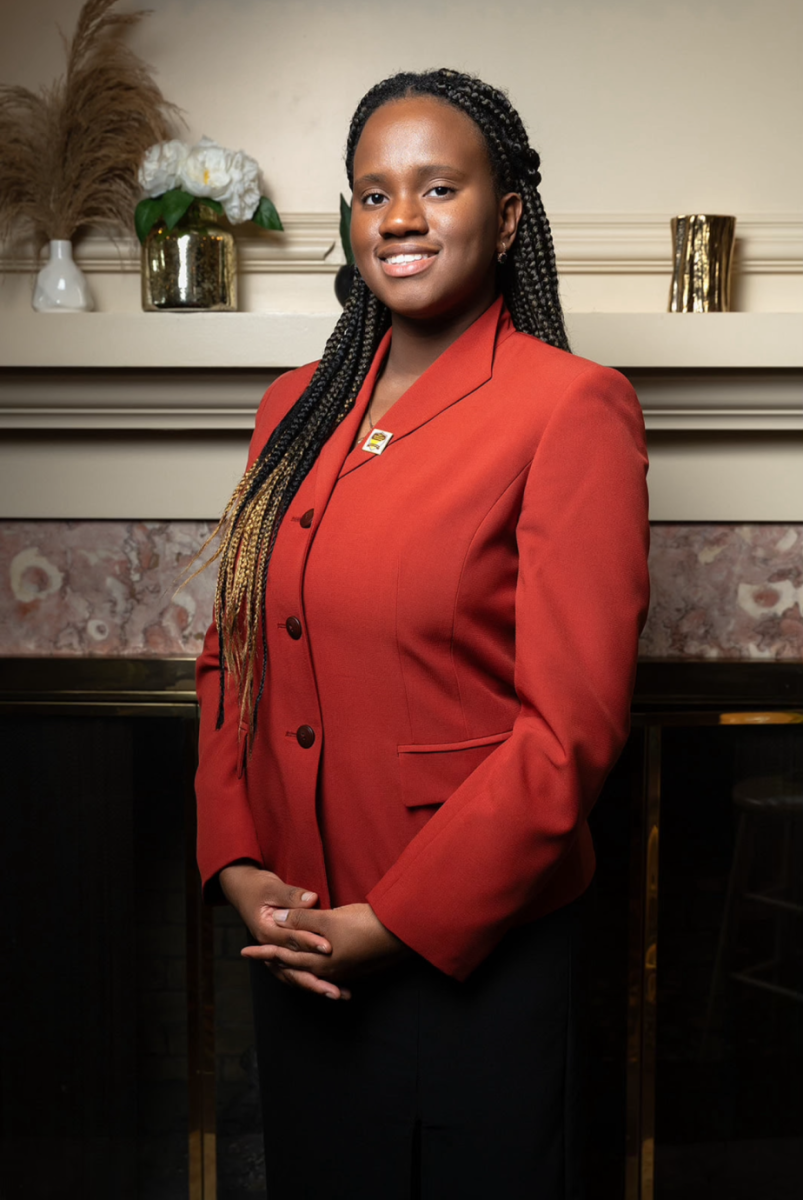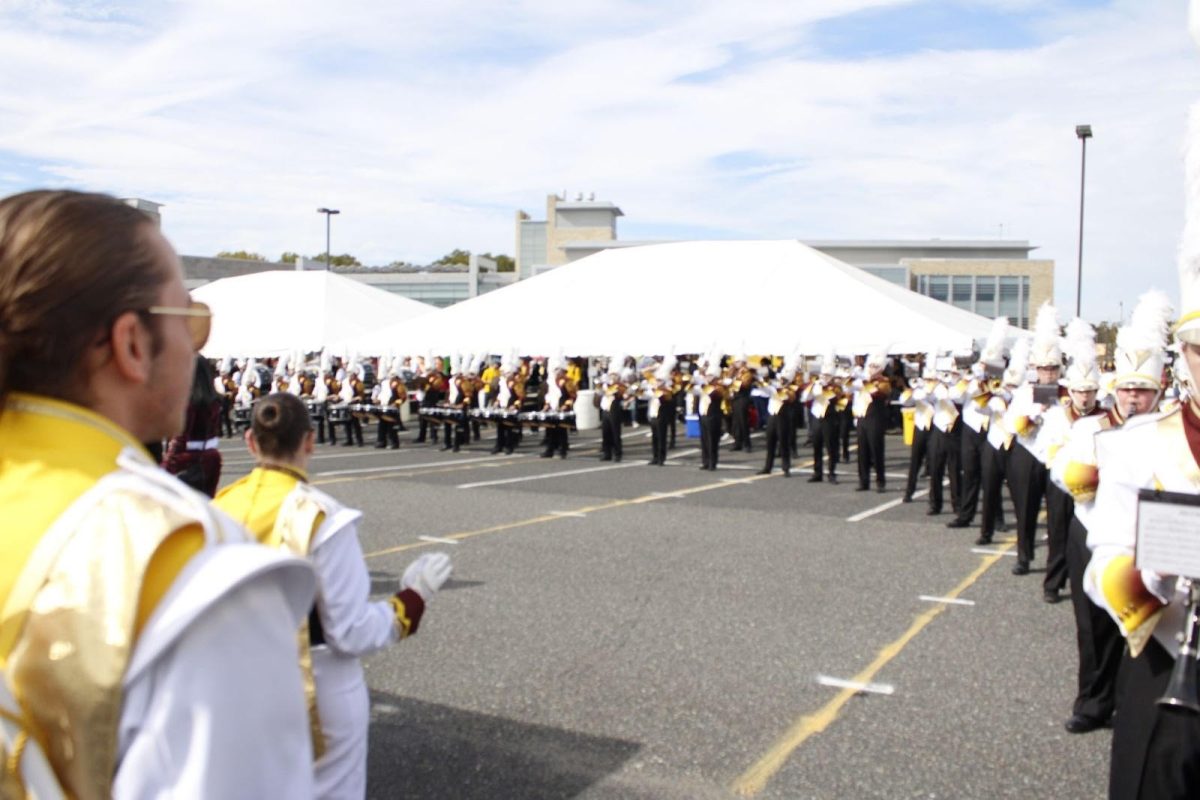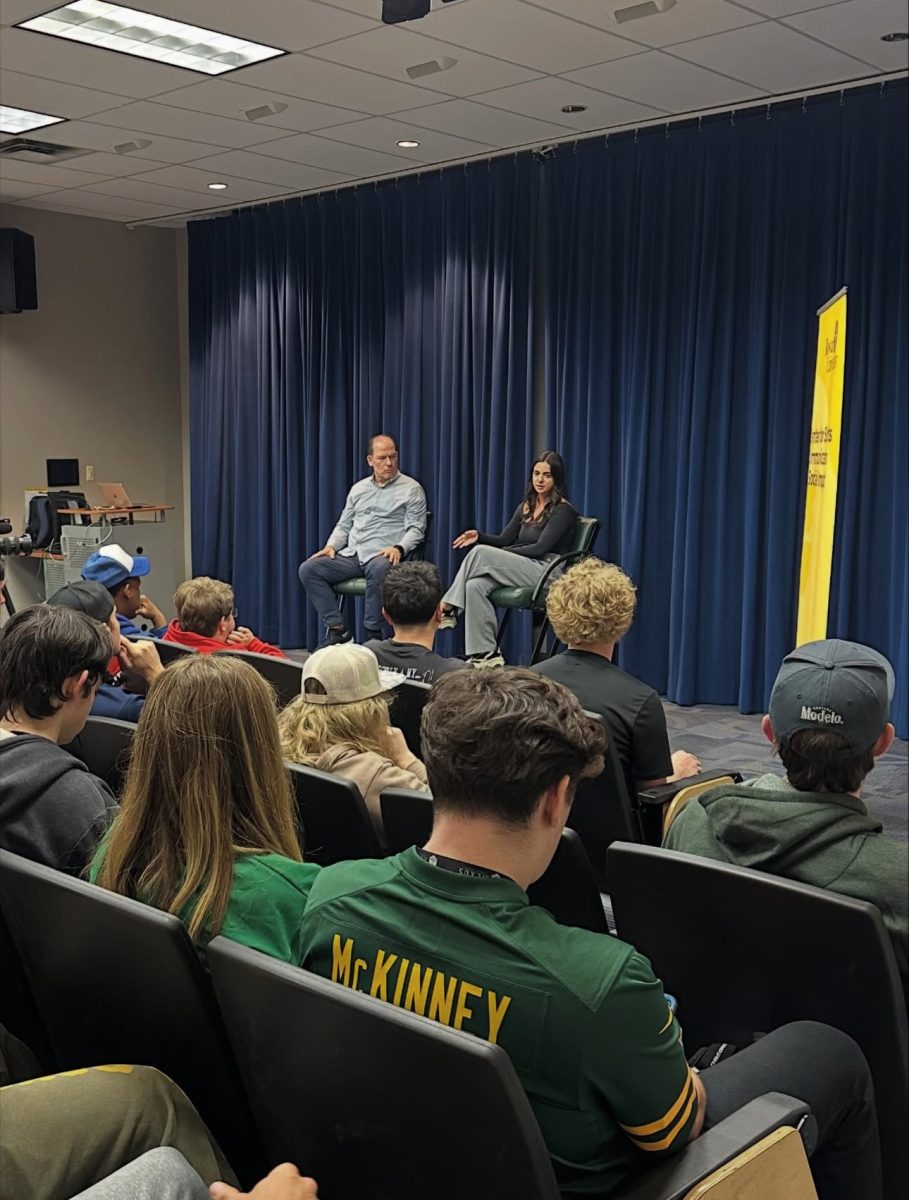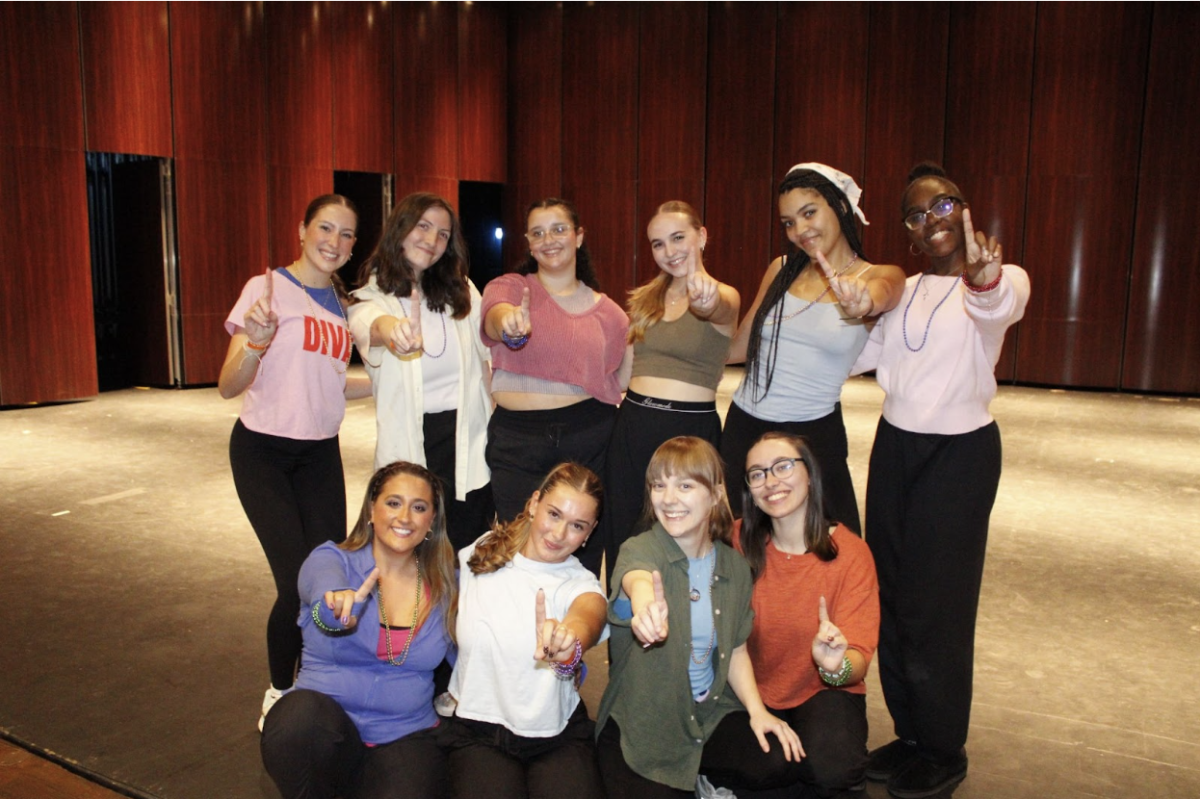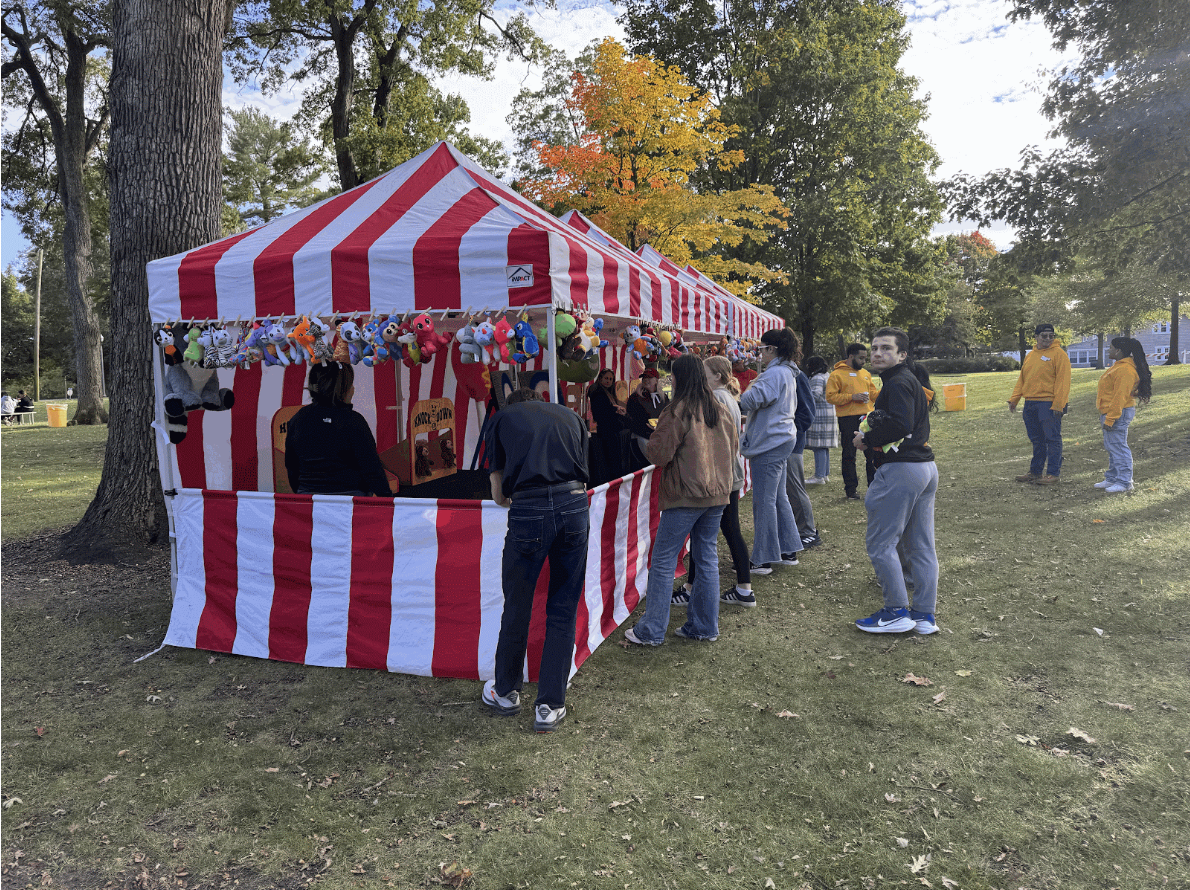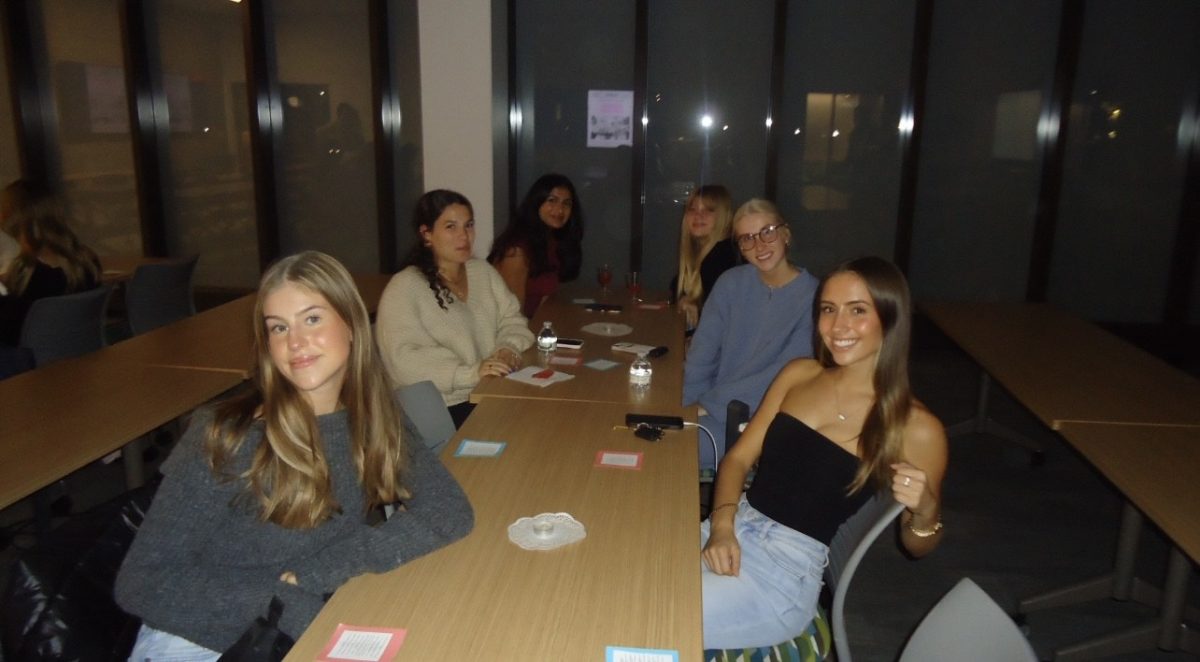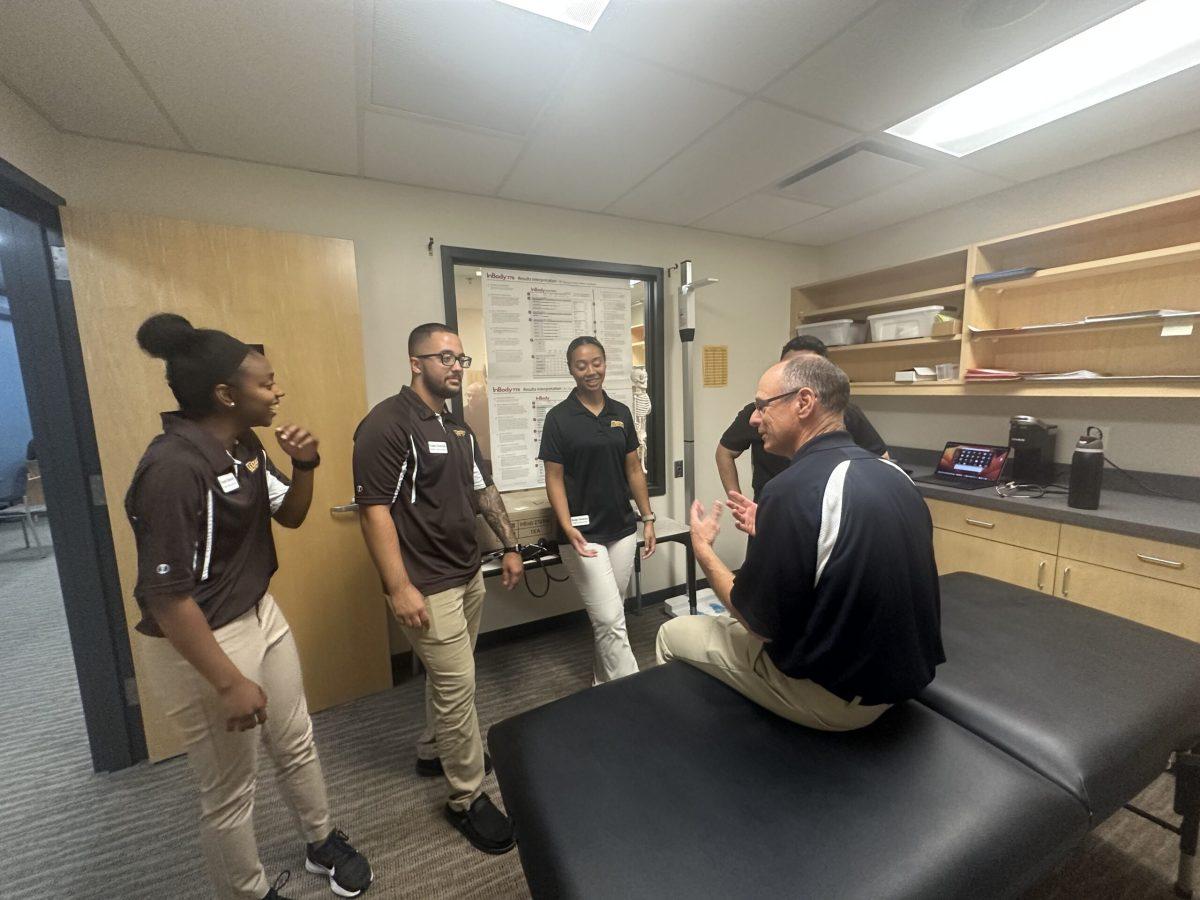James Hall’s athletic training laboratory has a new purpose on Mondays, accepting Rowan community patients into the novel satellite doctor’s office.
In collaboration with the Department of Health and Exercise Science, Rowan-Virtua School of Medicine NeuroMusculoskeletal Institute (NMI) is bringing its talents to Glassboro through a satellite office or alternate location away from the physician’s main clinic.
“Primarily, the goal and focus has been to make the service available for the Rowan community,” sports medicine physician Altamash Raja said. “By being on campus and in a location that everybody recognizes like James Hall, the hope is that we can eliminate some of the barriers for the care that people often need but don’t get.”
Rowan’s satellite office is focused on treating a wide range of issues. People suffering from athletic or nerve injuries, acute or chronic musculoskeletal (neck/back) pain, and concussion-related symptoms could be seen via appointment with proof of a New Jersey-accepted health insurance or Rowan’s own health insurance.
“We’re hoping that faculty, staff, and students that are non-NCAA athletes but maybe club sports, that have a need could make an appointment for NMI but use this location,” athletic training professor Douglas Mann said.
Five athletic training graduate students operated the office Monday, learning from Dr. Raja through osmosis. The students would present the patient history to the doctor, the doctor does the exam, and then students determine if an at-home exercise program is needed.
First-year athletic training graduate student Brandon Russell graduated from Stockton University with a bachelor’s in exercise science and is now here at Rowan.
“Seeing the athletic trainers in high school, seeing what they do, and how they help us, I liked that. I liked the idea of going into the medical field but more hands-on,” Russell said.
According to Dr. Raja, this opportunity for exercise science students to work in a training room with a physician is sparse but the potential to learn is priceless. For example, Monday saw the team conduct an interscalene injection to treat a patient suffering from thoracic outlet syndrome (TOS), a nerve injury to the shoulder.
“Athletic trainers don’t really do a lot of injections or things that physicians do. We do the evaluation to see what’s going on but then we send them to a physician,” Russell said. “It’s cool to see what the physician is actually doing, that way we can trust them. It’s important to find a physician you trust to do their job the correct way.”
Dr. Raja described how without this satellite office partnership, these students might not ever be able to witness a procedure like TOS for the rest of their medical careers. They not only get a better understanding of what a patient has gone through but they can better diagnose what the patient still has to go through. He noted that training room experience is a requirement for most sports medicine fellowship opportunities.
“Having them work in conjunction with us and simultaneously, not only gives more time for a therapeutic alliance but it also gives them another team member in the patient’s corner who will help empower more positive outcomes,” Dr. Raja said.
“The other main factor is our athletic training students who work with athletes need to gain experience with non-sport populations,” Dr. Mann said. “They could work with the physician here and not have to travel to other places.”
Much like the students working in the satellite office, it is the patients who will no longer have to travel for the care they need. By scheduling 30-minute appointments, the office is confident they will provide quality care to a large number of patients.
Dr. Raja, in conjunction with Dr. Mann’s team of post-grad athletic training students, will be in James Hall every Monday beginning Oct. 16. To schedule an appointment, call (856) 566-7010, extension #2.
For comments/questions about this story DM us on Instagram @thewhitatrowan or email [email protected]



